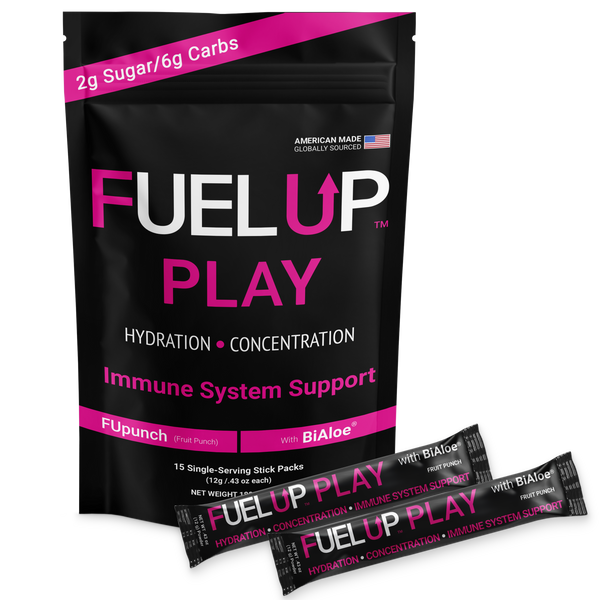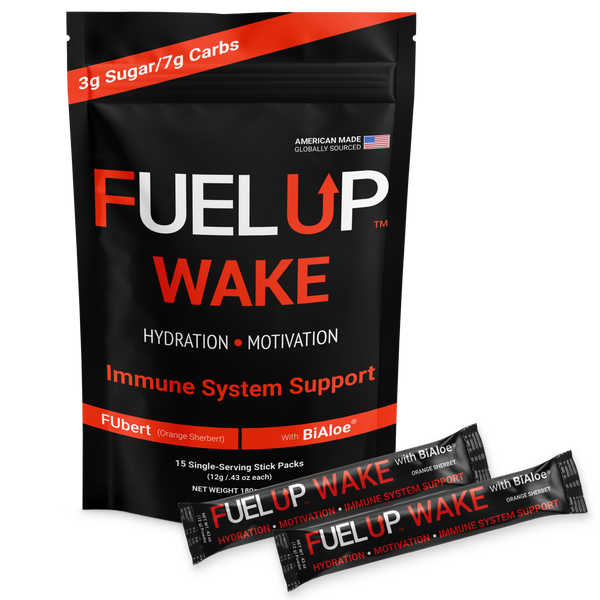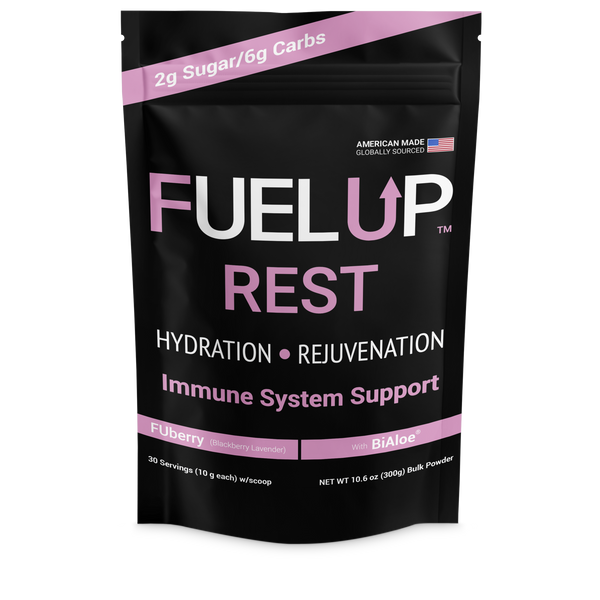Hydration isn’t just about drinking water—it’s a cornerstone of cellular performance, energy, and overall well-being. But did you know your everyday routines play a crucial role in how efficiently your body manages both fluids and vital nutrients? Let’s dive into the science of your body’s fluid balance and uncover the daily habits that make a real difference.
The Science Behind Fluid Balance
Your body is a dynamic system, constantly balancing the intake and output of water. Around 60% of your body mass is water, and it’s critical for everything from temperature regulation to joint lubrication. But hydration isn't standalone: the levels of vitamins and minerals in your system—especially electrolytes—shape how well your body holds onto and utilizes that water.
Fluid balance relies on a dance between what you consume (fluids, foods, supplements) and what you lose (sweat, breath, urine). Even mild dehydration can affect your mood, focus, and athletic performance, while over-hydrating without balancing electrolytes can lead to an unhealthy drop in sodium levels.
The Role of Vitamins and Minerals in Hydration
Certain vitamins and minerals, like sodium, potassium, and magnesium, are known as electrolytes because they carry an electrical charge and help manage fluid movement in and out of cells. Vitamins like B6 and C contribute to metabolism and antioxidant protection, supporting cellular function during exercise and recovery.
For example:
|
Nutrient |
Function in Hydration |
Common Sources |
|
Sodium |
Regulates fluid volume & nerve signals |
Table salt, broth |
|
Potassium |
Supports muscle function & heart rhythm |
Bananas, potatoes |
|
Magnesium |
Assists muscle recovery, nerve function |
Nuts, leafy greens |
|
Vitamin B6 |
Aids in metabolism of proteins and carbs |
Salmon, chickpeas |
|
Vitamin C |
Antioxidant, supports tissue repair |
Citrus fruits, peppers |
How Habits Impact Both Hydration and Vitamin Absorption
1. Meal Timing and Nutrient Pairing
Space out meals and snacks to avoid overwhelming your digestive system. Pairing vitamin-rich foods with healthy fats can improve absorption, especially for fat-soluble vitamins (A, D, E, K).
2. Physical Activity
Sweating helps regulate body temperature but results in fluid and mineral loss. If you train hard or live an active lifestyle, replenishing both water and lost electrolytes is vital for recovery and ongoing performance.
3. Caffeine and Alcohol
Both caffeine and alcohol are diuretics—they increase fluid loss. Balance them by increasing your water intake and consuming mineral-rich foods to aid recovery and reduce the risk of dehydration.
4. Supplements and Dosage
Not all supplements are created equal. Consider forms that optimize bioavailability and absorption. Taking vitamin C with iron, for example, increases iron absorption, while some minerals may compete for uptake if taken simultaneously in high doses.
5. Sleep and Recovery
Rest is when your body rebuilds and rebalances fluids and nutrients. Poor sleep interrupts hormone cycles that regulate hydration and vitamin processing. Prioritize quality rest as part of your hydration strategy.
Tiny Changes, Big Results
Changing your habits doesn’t mean overhauling your life. Simple shifts, like drinking a glass of water first thing in the morning, adding a banana to your post-workout snack, or stretching your supplement intake throughout the day, can markedly improve both hydration and nutrient status.
Conclusion: Everyday Choices for Hydration and Performance
Hydration and vitamin absorption are deeply intertwined, both powering your body for whatever challenges lie ahead. By understanding how daily habits—from what you eat to how you sleep—affect this balance, you empower yourself to feel and perform your best.
If you’re looking for convenient options that combine optimal hydration with key vitamins and electrolytes, products like Fuel Up Hydration are designed to support your active lifestyle. Always consult with a health professional before introducing new supplements, and remember: caring for your body starts with simple, everyday choices.





